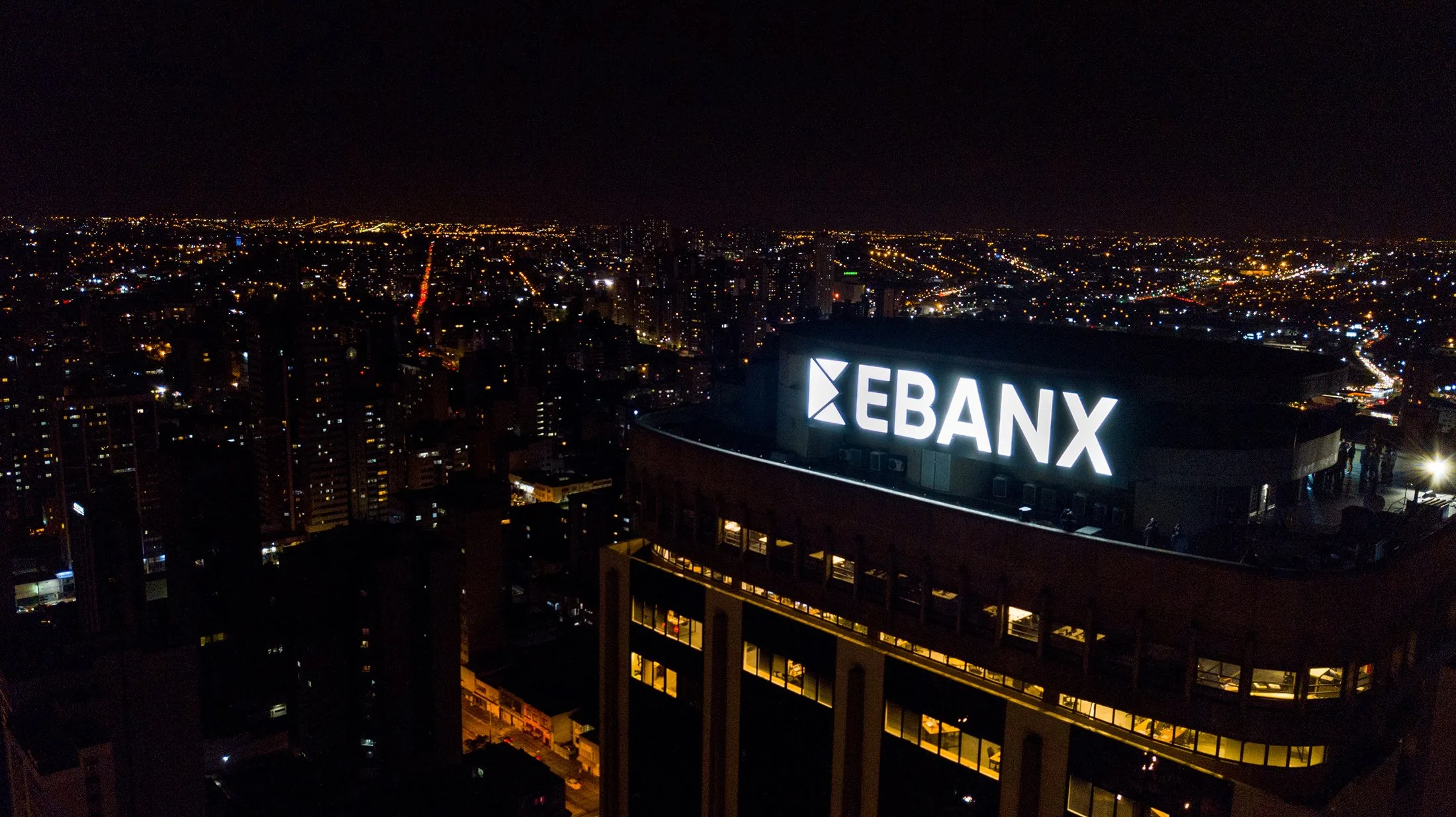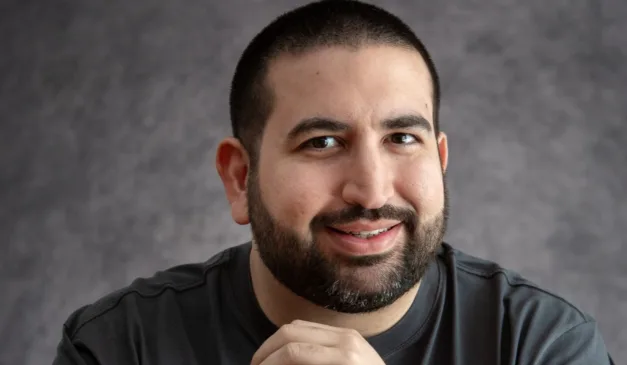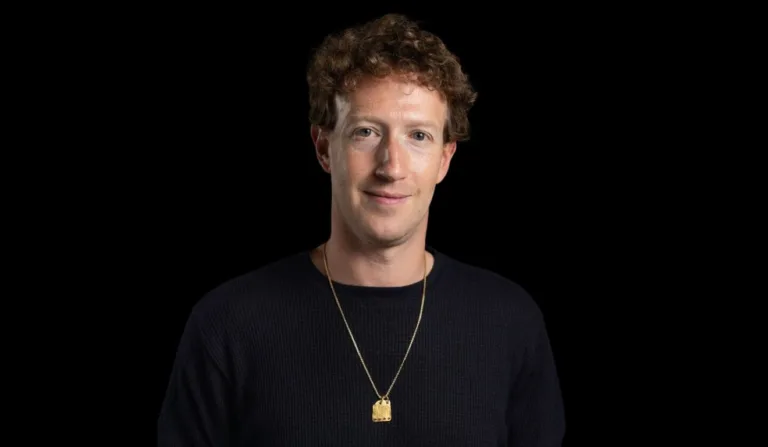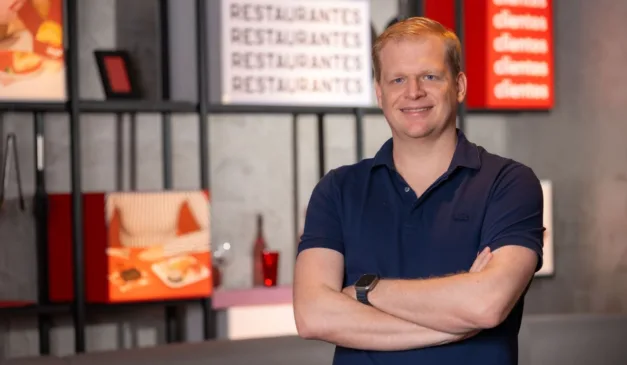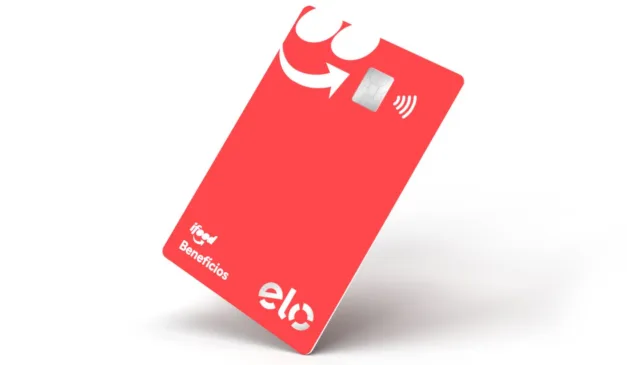
In December last year, Brazilian corporate wellness unicorn Gympass acquired Trainiac, a Seattle-based workout routine and personal training app, to professionalize its personal trainer services. About eight months later, the app is finally available for Brazilian users.
Available in the US since the beginning of the year, under the name Trainiac by Gympass, the company hopes to have in Brazil the same results registered in North America. In the US, the platform’s demand for personal trainers increased by 20% just three months after its release.
“In some cases, users who only went to the gym once a week (or never) built the habit to go six times with Trainiac,” revealed Priscila Siqueira, Gympass‘s VP and Head in Brazil.
Despite not revealing the number of users or each country’s market share, the company plans to boost the Brazilian base with the new feature and keep the pace of double-digit growth.
To achieve that, Gympass is working with its team of personal trainers to support the demand. “These professionals already had support before the acquisition, but now we are certifying them within Trainiac’s policy,” the executive said.
However, the service is only available to iOS users with the Gold+ plan. But according to Siqueira, the company will expand the app to other users. “Our main goal is not to bring more people to Gold+, but to make people use Gympass more, adding more value to the chain,” she noted.
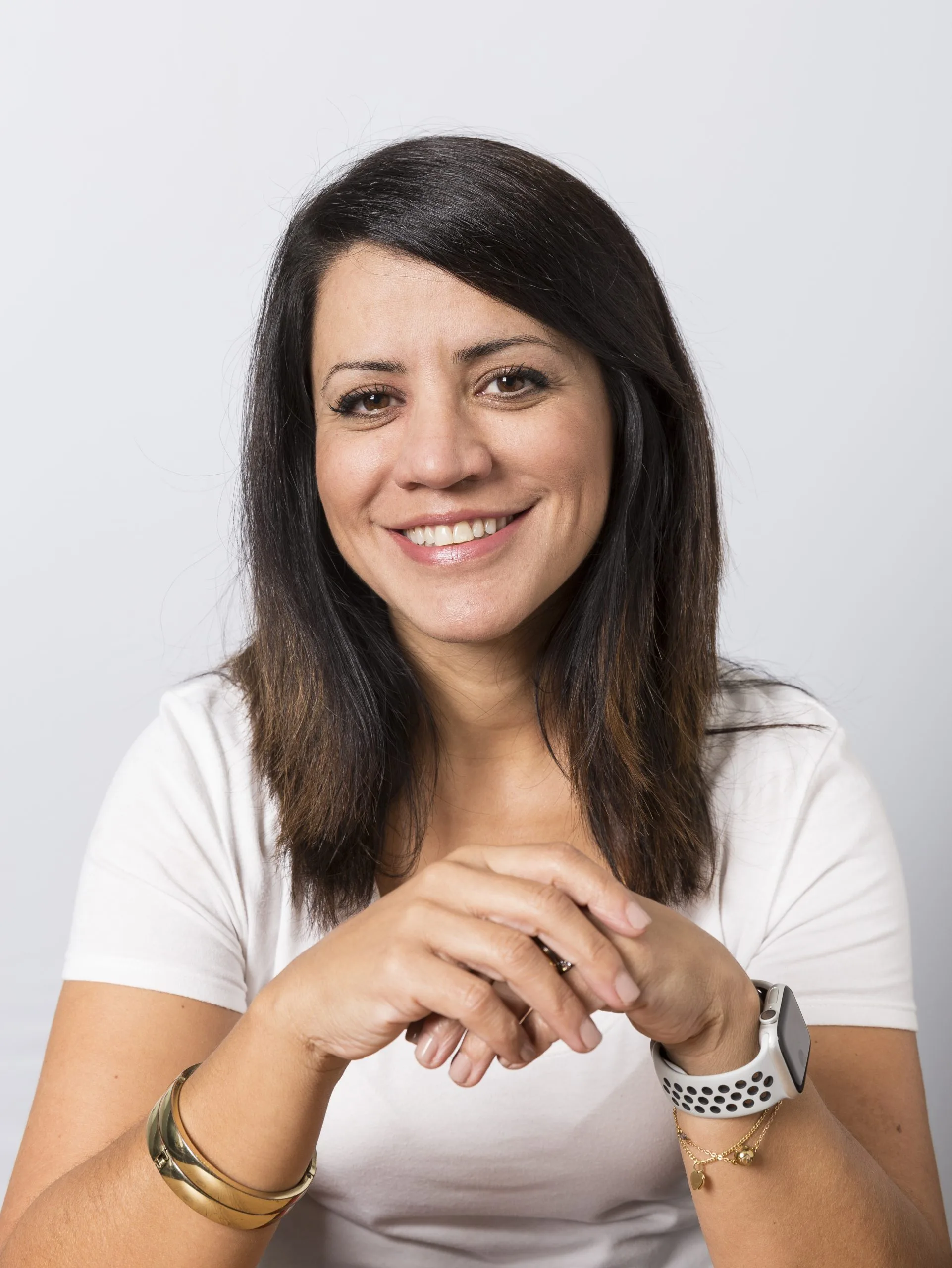
Credit: Paulo Vitale/Gympass
Offering more support to personal trainers
Gympass’s support for personal trainers started in 2020 after noticing a change in the customer profile after the pandemic. Instead of using the service to pay for a gym membership, many clients decided to pay professionals to train at home.
“Today, we have a consistent offer on our platform. We even have personal trainers who only work for Gympass”, Siqueira said.
She highlights that having Trainiac in the portfolio adds more professionalism and better monitoring of the activities, including personalized exercise programs in the app and helping to make the habit more consistent.
Before the acquisition, the relationship between the trainer and the trainee happened in a more informal way, outside the app. “With Trainiac, everything is now inside the platform, where the user and personal trainer interact with quality. Personalization increases the impact”, the executive said.
Taking over the world
Launched in Brazil in 2012 with 20 employees, 300 partners, and 15 corporate clients, Gympass has come a long way. The company is now headquartered in the US and operates in 7,500 cities around 11 countries, with more than 6,000 client companies and 50,000 partner gyms. Among the clients are Ambev, P&G, Unilever, McDonald’s, Movile, Santander, and others.
While Trainiac is Gympass’s new addition to the Brazilian market, in the US the company added Orangetheory Fitness to its wellness services network.
As the company highlighted in a statement, Orangetheory is one of the largest boutique gym groups in the country, with around 1,500 locations. The partnership will help with the resumption of in-person activities at the gyms.
Recently, the company has also announced investments in mental health through its Wellz brand. In April, Gympass acquired the São Paulo-based healthtech Vitalk for an undisclosed amount. The company offers a corporate platform for psychological support.
The purchase is not the brand’s first move in the mental health segment. In 2020, Gympass entered the sector in a partnership with US company Calm, integrating the meditation app into its services portfolio. The mental health movement was Gympass‘s response to the behavioral changes caused by the Covid-19 lockdown.
In addition, the company raised a $220 million series E on June/21 with SoftBank, General Atlantic, Moore Strategic Ventures, Kaszek Ventures, and Valor Capital Group. At the time, Gympass said in a press release that the funds would be used to grow its presence in the US, improve the product experience and continue to expand categories such as digital fitness, mental health, and nutrition.
With the funding, the company basically doubled its valuation to $2.2 billion, reinforcing its position as one of the Brazilian unicorns.
(translation by Gabriela Del Carmen)


